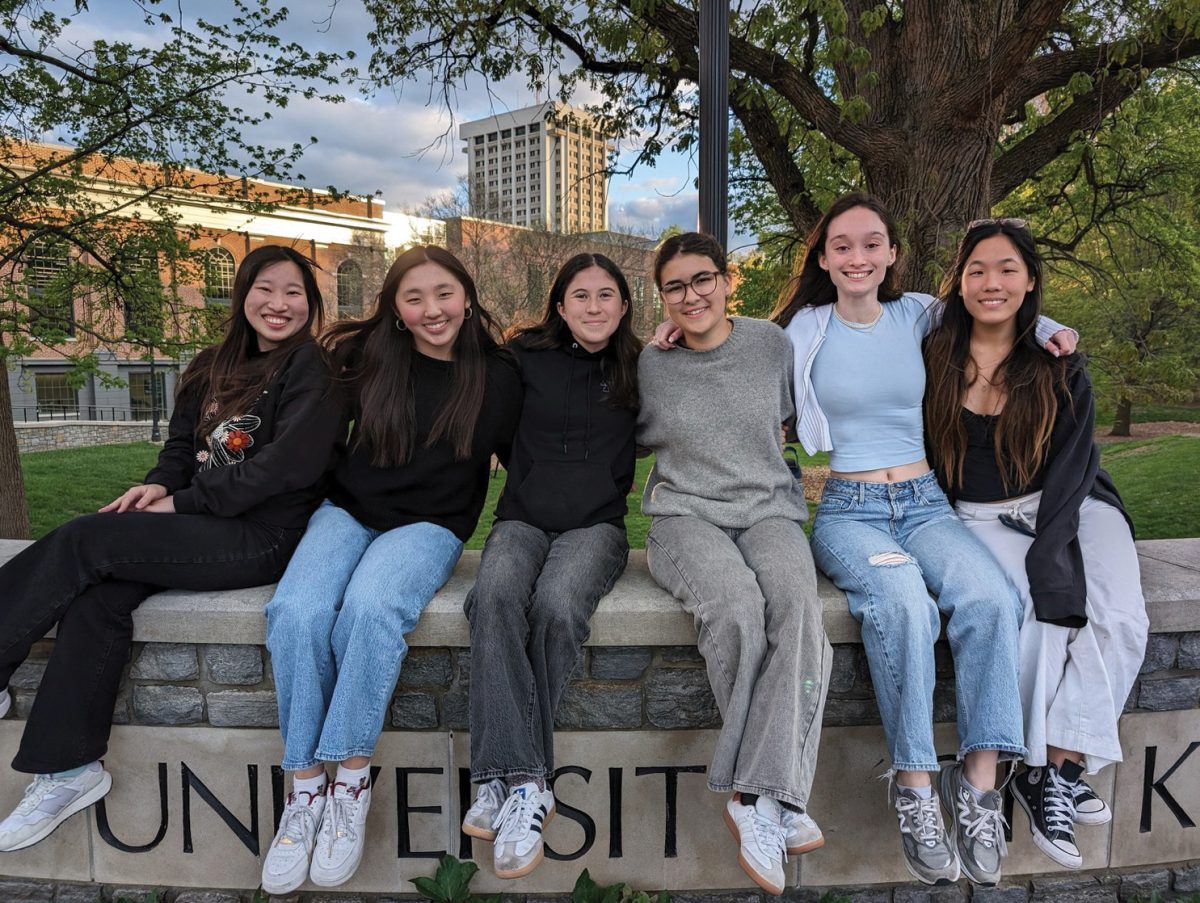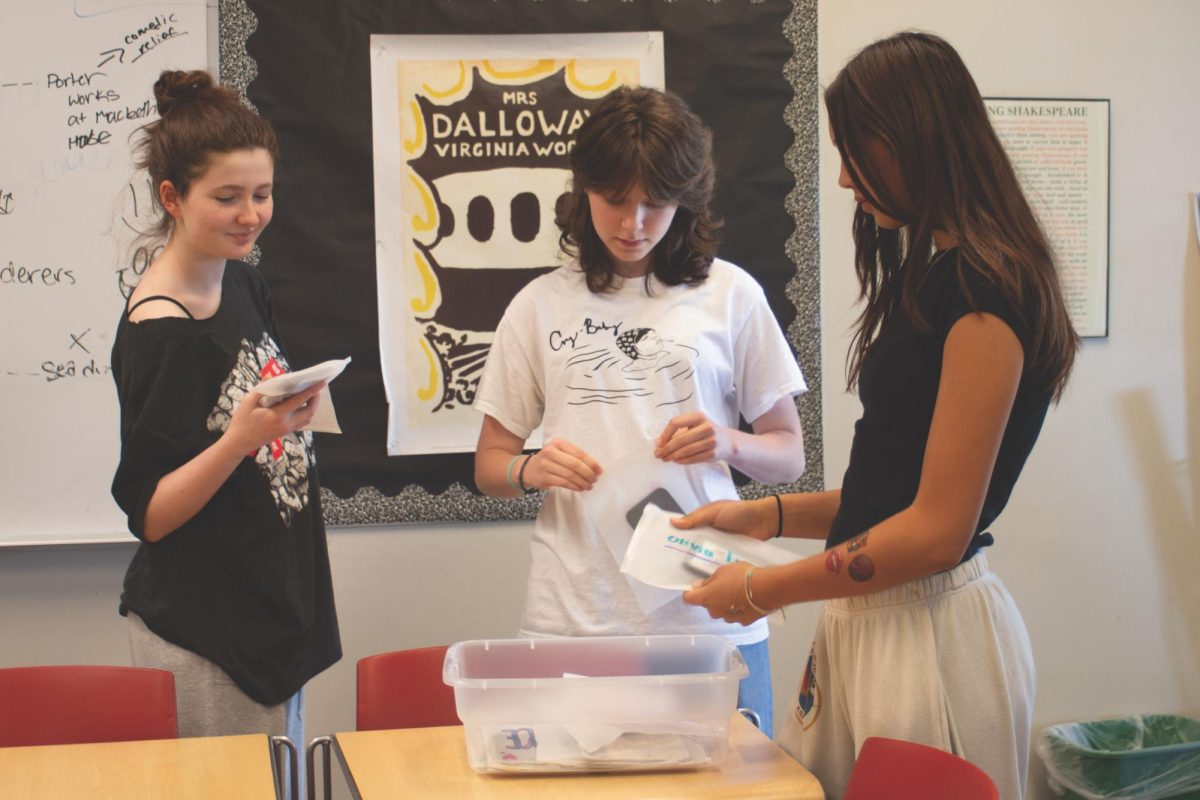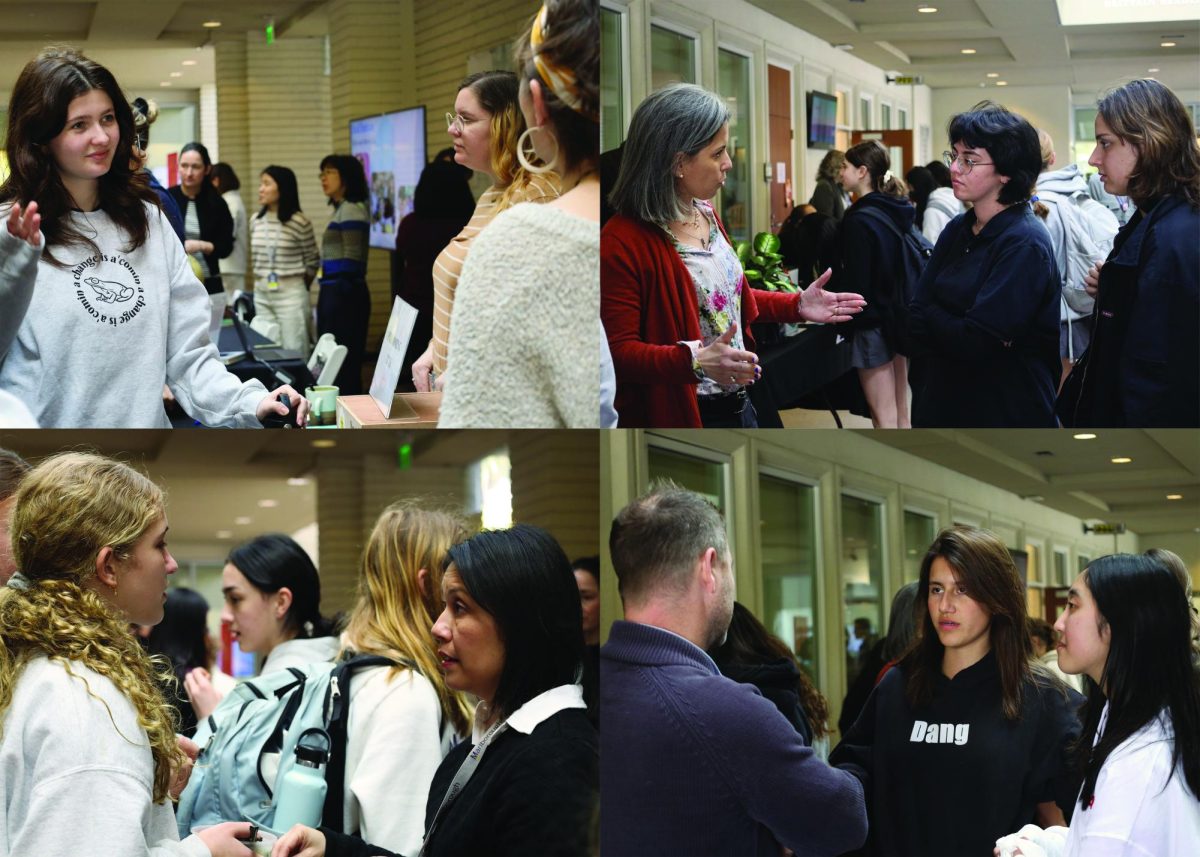Problems have arisen with the Free Application for Federal Student Aid (FAFSA) after the federal government tried to improve its efficiency for college applicants nationwide. All students seeking financial aid from colleges and universities must complete the FAFSA. In the past, the form was due on Oct. 1, but due to issues with the updated version, the government had to postpone the release of the document until January. To accommodate this change, many colleges and universities have now extended their FAFSA deadlines until May or June to submit the FAFSA, each based on the individual institution.
Previously, completing the FAFSA was an extensive task, with over 100 questions. Despite the revisions, errors were discovered on the form. The delays have led to immense disorganization and confusion among applicants, especially because the U.S. Board of Education hasn’t been completely transparent about the issues with college counselors.
“Before [the Department of Education] actually rolled it out, they discovered that there were a couple of pretty significant errors that were made,” Dean of College Counseling Monica DePriest said. “They had to make a decision about whether or not they would roll out the form, knowing that there was an error that they would then have to fix later.”
Some believe that the scope of the problem is massive, as it extends from four-year universities to community colleges. The delays could disproportionately affect students that need the most financial aid, as families deal with the stress of not knowing if their financial needs will be met because of the delays.
“For some students, they’re making a decision about whether or not they can go to college based on this,” DePriest said.
However, some universities have been able to mitigate the effects through a different form called the College Scholarship Service (CSS) profile, which was created by the College Board. Similarly to the FAFSA, this form allows thousands of students to access significant funds in non-federal aid. However, public schools, such as the UCs, rely solely on the FAFSA to gather information related to financial aid, and some predict that it will be difficult for them to approximate students’ needs, which is exacerbated by large applicant pools.
Overall, universities have a delicate balance between students who need full financial support, those who need partial aid and those who can cover the full cost. Without the form, DePriest said that it is difficult to imagine how schools will retain this ratio without the essential information that the FAFSA provides.
“I think the next few weeks will be really telling in terms of how long it takes individual colleges to analyze the information that’s coming from the federal government, and then getting those financial aid awards in the hands of admitted students,” DePriest said. “Because what they usually would have been able to do over the span of a couple of months, now gets done over the span of a couple of weeks.”
As a result, applicants who aren’t in need of financial aid may have an advantage because of the lack of information many institutions around the country are experiencing. As universities struggle to balance their budgets in a short period of time, the safer option for many could be to prioritize students who do not need financial aid.
“In just the way that I think some students will be disadvantaged in the process, I think that for some schools, students who can pay will be advantaged by this,” DePriest said.
In another effort to reduce the negative impact of these delays, many schools have decided to push back the enrollment deadline. For example, the UCs have extended their due date from May 1 to May 15, allowing students more time to consider their options before making a decision. However, each school is handling the crisis differently, and many have decided not to push back the enrollment deadline.
It is probable that the issues with the FAFSA will be resolved by next year’s enrollment cycle, and many still have hope for the changes that have been made in making education and the application more accessible for low income families.
“Despite all of the challenges of this year, I hope that the original intent of the simplification of the form is helpful to the students that it was meant to help,” DePriest said. “But that remains to be seen.”










